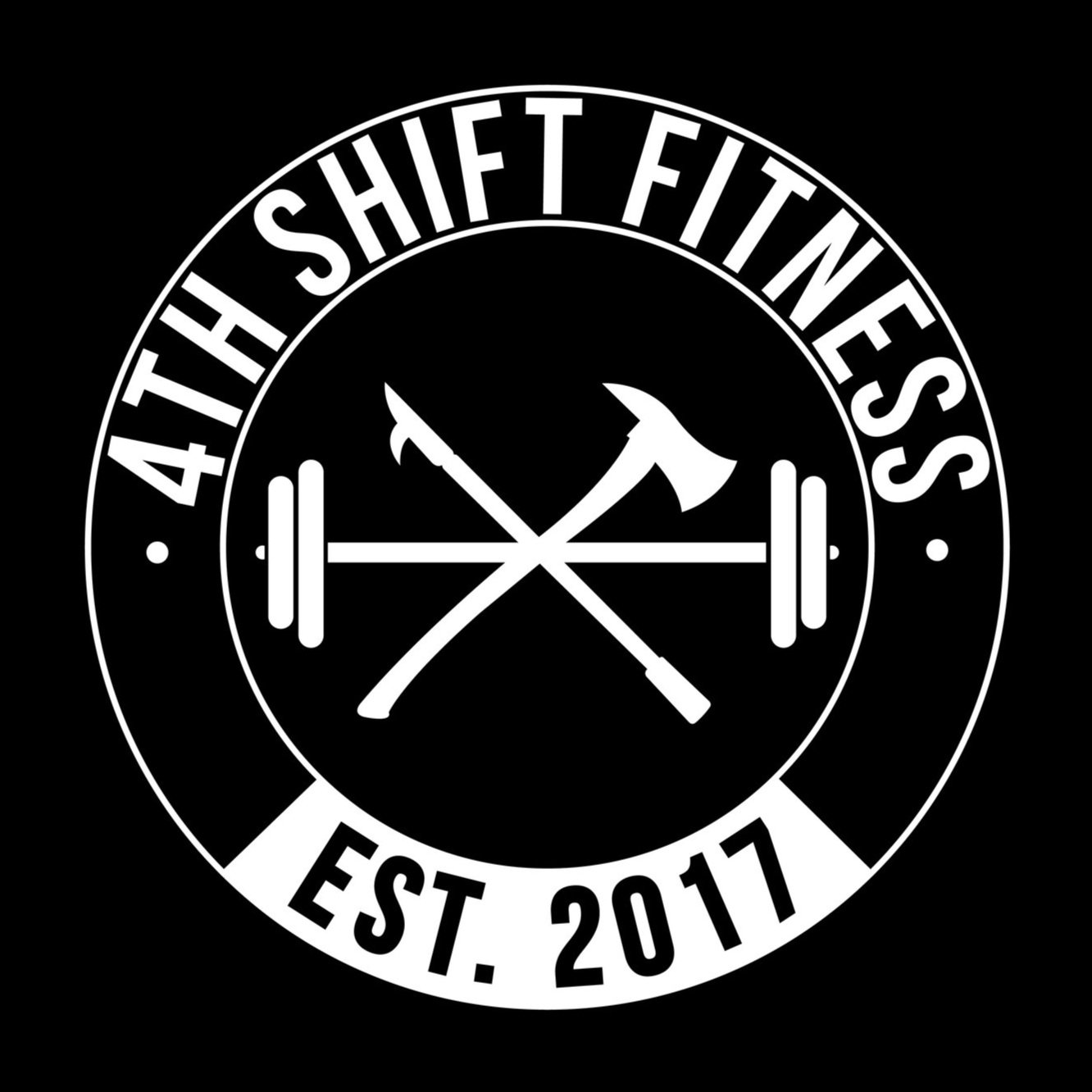“You, crew, tools, rig.”
Is scribbled down on an old sheet of paper I found, in a pile of stuff from my first fire department job. This was a list, in order, of what needed to be on point for a successful shift. At the time, I was 19 or 20 and playing junior hockey. Injuries would happen that would be a hindrance for a day or so, but overall the "You" part was not an issue. There was only one time that I had to call in sick for my next shift from a state away because I had taken a hard elbow and was considered concussed. Flash forward to present day and this note has a whole different meaning to me. The "You" takes a considerable amount of effort to maintain. I’ve had a hand full of experiences working with guys and girls that also at had the same checklist, but had swapped the order over time. The order for them may put tools and apparatus first, then the crew and their own personal condition dead last. It’s the difference between someone checking their pack in the morning and discovering it to be just a little low and their response to it.
“I gotta top this thing off, it’s a little low and I want to be able to work longer”
Or,
“I gotta top this thing off, I need every pound of air I can fit in this thing”
Being prepared for your shift HAS to start with the “You”. The tools are there to compliment your experience and capabilities. No doubt that without them the job would be near impossible, but without a person to use them, they are just compartment decorations.
Doing an apparatus inventory is a weekly occurrence, so try doing one on yourself once in a while. Taking steps to put the “You” back at the top of the list can and should be small ones to start, but it brings up a trick-bag of accountability. More often than not, our physical deficiencies are the result of ignoring a problem for too long or not resolving an issue the correct way. It’s hard to blame your extra pounds on the shift before you because they left it that way. Or your tight lower back on the shift after you because they just complain about everything. Approaching your physical issues like you would address a broken tool may lay a path for repair. The steps are similar, try to fix it yourself, if that fails you can always bring in a professional to fix it, and if all else fails just replace it. Although, replacing a knee or shoulder includes a lot more work and hassle than replacing an axe.
Be prepared for your shift.
